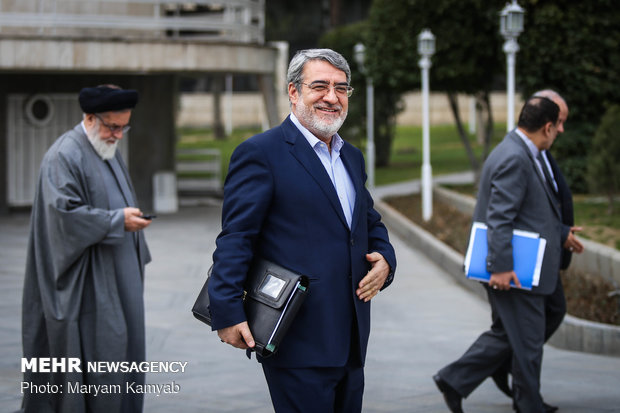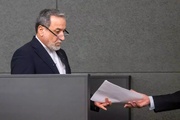“We will lift visas for Arbaeen but of course, this doesn’t mean a lack of supervision and limit. Certainly, we will place a limit on it,” he told reporters Wednesday on the sidelines of a cabinet meeting in Tehran.
“Iraqi Interior Minister will make a visit to Iran next Sunday and we will further discuss this issue in a joint meeting,” he added.
Based on the agreement, which was inked in mid-March during President Hassan Rouhani’s visit to Baghdad, the two sides decided to issue visas to each other's nationals free of charge.
In mid-July, Secretary General of Iran-Iraq Joint Chamber of Commerce Hamid Hosseini said that according to a decision by Iraqi Interior Ministry, Iranian pilgrims and trades will need no visas for entering the country as of the beginning of Arbaeen.
Over the past few years, solemn procession of mourners from a variety of ethnic backgrounds begin a long trek days prior to Arbaeen, the 40th days of Imam Hossein (As) martyrdom in the battle of Karbala in 680 AD, to revisit their pledge of support to the grandson of prophet Mohammad (PBUH).
The trek symbolizes of a peaceful utopia where no one is hungry or homeless. People are giving away free food and drinks, offering their houses to the pilgrims, and pilgrims themselves are treating one another like brothers and selflessly regardless of their social class, race, color, religion, etc.
Thousands of mawkibs, stalls providing free of charge foods, beverages, accommodation, and medicines, are set up along the way to Karbala and the holy shrines as many believe that taking care of pilgrims of Imam Hossein (AS) and serving them is a religious duty.
MAH/4692311



























Your Comment